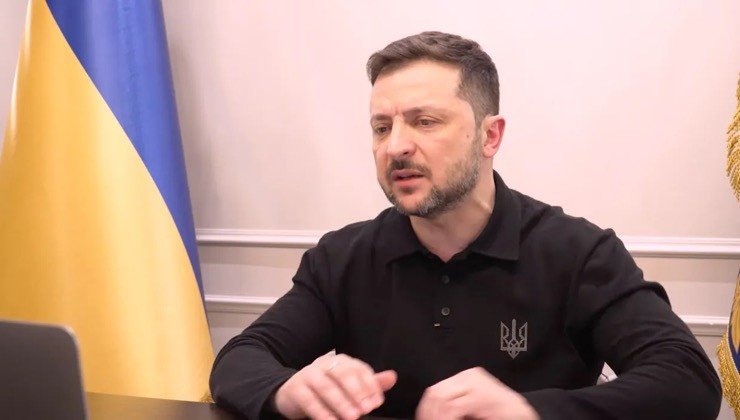In the ongoing Russia-Ukraine war, energy infrastructure has been a key target for both sides, leading to significant economic and strategic consequences. Recently, Ukrainian President Volodymyr Zelensky announced that Ukraine is prepared to halt its attacks on Russian energy infrastructure under certain conditions. This statement signals a potential shift in the conflict and may open the door for diplomatic discussions. In this article, we will analyze the implications of this decision, the motivations behind it, and its potential impact on both Ukraine and Russia.
## Background of Ukraine’s Attacks on Russian Energy Infrastructure
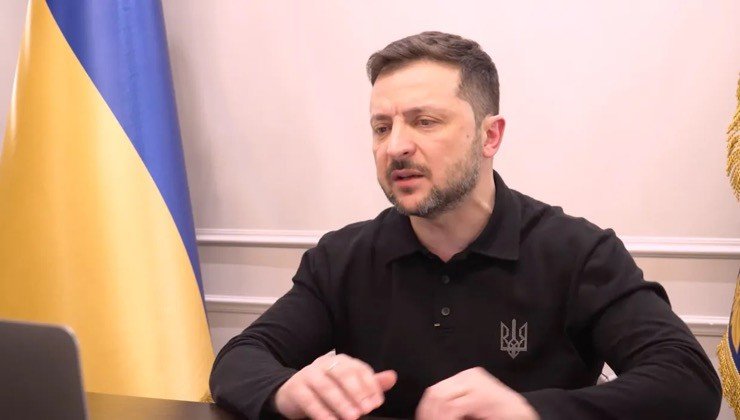
Since the start of the war, Ukraine has targeted Russian oil refineries, fuel depots, and power plants. These attacks aimed to weaken Russia’s ability to sustain its war effort by disrupting its energy supply chains. Ukraine’s military has utilized drones, missile strikes, and sabotage operations to inflict damage on key Russian energy assets.
Over the past year, Kyiv’s strikes on Russian refineries have significantly reduced fuel production capacity. This has forced Russia to rely more on imports and adjust its energy export strategies. While Ukraine has framed these attacks as a necessary part of its defense strategy, they have also drawn concerns from Western allies who fear further escalation of the war.
## President Zelensky’s Statement and Its Implications
President Zelensky’s declaration that Ukraine is willing to stop attacking Russian energy infrastructure is a noteworthy development. His statement suggests that Ukraine may be open to new strategic discussions regarding the conduct of the war. However, this willingness comes with conditions, likely tied to reciprocal actions from Russia.
This announcement raises several important questions:
– Is Ukraine considering a shift towards diplomacy?
– What assurances does Ukraine seek from Russia?
– How will this decision impact Ukraine’s military strategy?
## Possible Motivations Behind Ukraine’s Decision
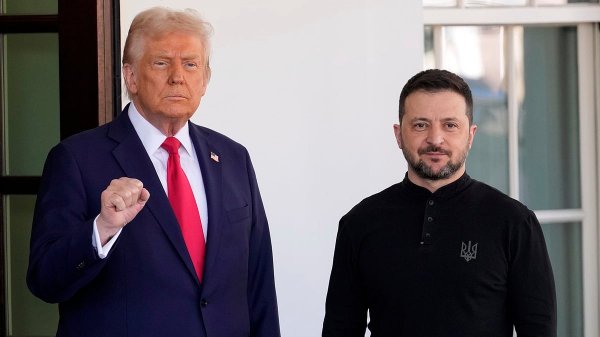
There are several possible reasons why Ukraine may be considering halting attacks on Russian energy infrastructure:
### 1. Pressure from Western Allies
Western nations, particularly the United States and European Union members, have provided significant military and economic support to Ukraine. However, they have also expressed concerns about attacks on Russian energy assets, fearing these could provoke harsher retaliation from Moscow or disrupt global energy markets. By signaling a willingness to stop such strikes, Ukraine may be seeking to reassure its allies and maintain strong international support.
### 2. Strategic Realignment
As the war evolves, Ukraine may be reassessing its military tactics. While striking Russian energy infrastructure has weakened Russia’s economy, it has not decisively shifted the battlefield dynamics. Ukraine may now prioritize other strategies, such as targeting military supply lines and logistics hubs, over energy-related targets.
### 3. Encouraging Diplomatic Engagement
By offering to halt attacks on Russian energy infrastructure, Ukraine may be testing Russia’s willingness to engage in negotiations. This move could serve as a goodwill gesture to explore the possibility of broader ceasefire discussions or agreements on limiting certain types of attacks.
### 4. Avoiding Further Russian Retaliation
Russia has responded to Ukrainian strikes by launching retaliatory attacks on Ukraine’s own energy grid, leading to blackouts and infrastructure damage. Ukraine might be looking to reduce these risks, especially as winter approaches and energy security becomes a greater concern.
## Russia’s Likely Response
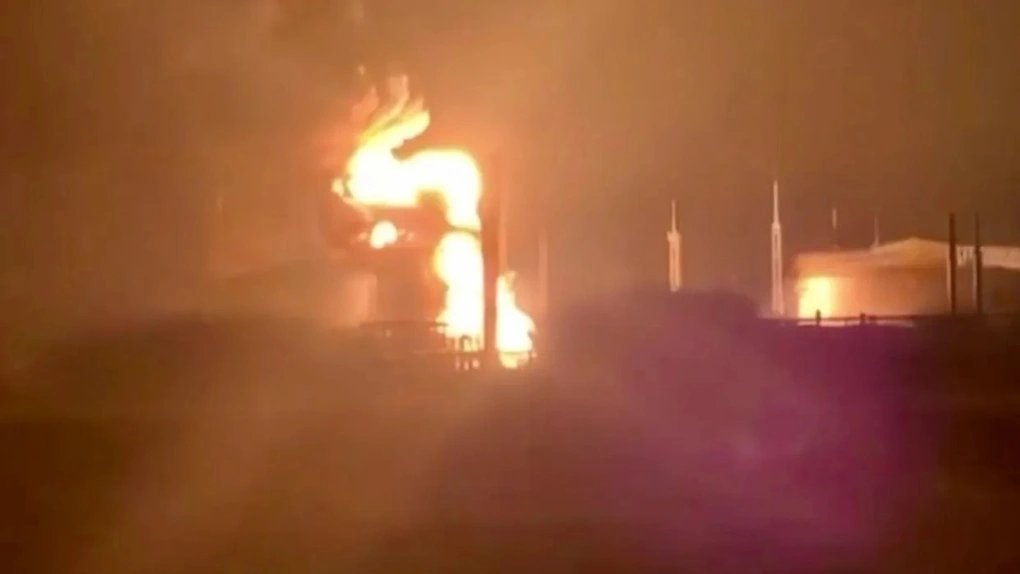
Russia’s reaction to Zelensky’s statement will be crucial in determining the next phase of the war. There are several possible ways Moscow might respond:
### 1. Rejecting Ukraine’s Offer
Russia may dismiss Ukraine’s willingness to stop attacks on its energy infrastructure, seeing it as a sign of weakness. If Moscow perceives Kyiv’s move as an admission of resource constraints, it may intensify its own strikes rather than de-escalate.
### 2. Seeking Reciprocal Agreements
If Russia considers Ukraine’s offer seriously, it might propose conditions of its own. Moscow could demand an end to Western support for Ukrainian strikes inside Russia or request limitations on Ukraine’s use of long-range weapons provided by NATO countries.
### 3. Continuing Retaliatory Attacks
Even if Ukraine stops targeting Russian energy infrastructure, Russia may continue its attacks on Ukraine’s power grid to maintain pressure on Kyiv. This would suggest that Moscow is more focused on military dominance than on reaching any form of mutual agreement.
## Impact on Global Energy Markets
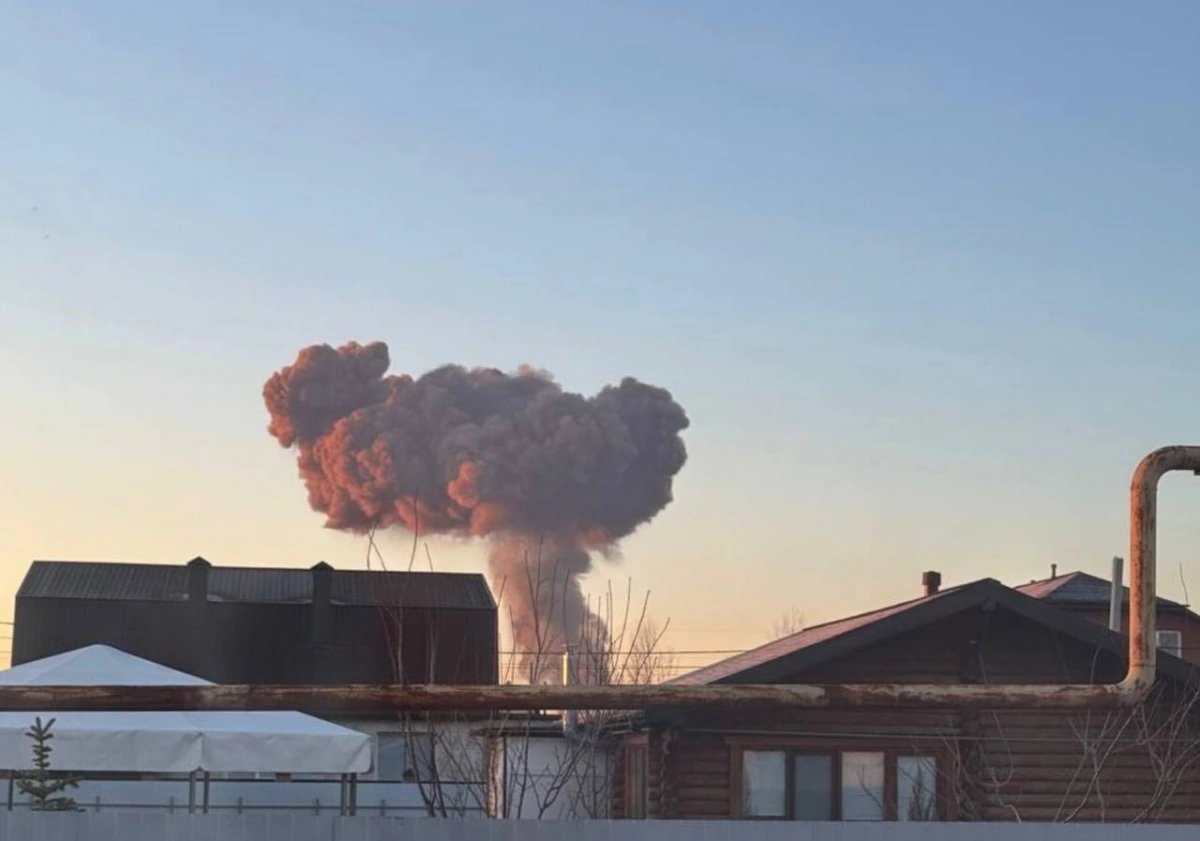
The war has already caused volatility in global energy markets, with oil prices fluctuating in response to military actions. Ukraine’s attacks on Russian refineries have affected Russia’s fuel production, causing disruptions in supply chains. If Ukraine ceases these strikes, global markets may stabilize to some extent, reducing fears of further energy crises.
However, Russia’s continued ability to export oil and gas could also help finance its war effort, posing a dilemma for Ukraine and its allies. If energy revenue allows Moscow to sustain its military campaign, Ukraine’s decision to halt attacks on energy infrastructure could have unintended consequences.
## Potential Risks and Challenges
While Zelensky’s announcement presents an opportunity for reduced escalation, there are risks and challenges involved:
### 1. Trust Issues Between Ukraine and Russia
There is deep mistrust between the two nations, and any agreement on halting attacks would require guarantees that both sides would uphold their commitments. Given Russia’s history of breaking agreements, Ukraine may be cautious about relying on verbal assurances.
### 2. Domestic Reactions in Ukraine
Within Ukraine, there may be mixed reactions to Zelensky’s statement. Some may support the move as a step towards stability, while others might see it as compromising Ukraine’s ability to weaken Russia’s war machine. Ukrainian military leaders will need to balance strategic decisions with public expectations.
### 3. Continued Western Support
If Ukraine shifts its military strategy, it must ensure that it does not lose critical support from Western allies. Any perception that Kyiv is softening its stance without tangible gains could lead to reduced military aid and diplomatic backing.
## Conclusion
President Zelensky’s statement that Ukraine is ready to stop attacking Russian energy infrastructure is a significant development in the ongoing war. While this move could open the door for diplomatic discussions, it also comes with risks and strategic implications. The next steps from both Ukraine and Russia will determine whether this marks a turning point in the conflict or simply a temporary shift in tactics.
Ukraine’s decision appears to be influenced by a mix of strategic reassessment, international pressure, and potential diplomatic outreach. However, much will depend on Russia’s response and whether both sides can find common ground for reducing hostilities. As the war continues, the world will be watching closely to see how this decision unfolds and whether it leads to a broader de-escalation in the conflict.
